42 how do ocean currents work
Weather Lab - Smithsonian Science Education Center Weather Lab is a tool to help visualize how North America’s weather is formed. This lab is designed to model the complex interactions between air masses and ocean currents, but like all models it represents probable outcomes. Each prediction you make is … Earth Science for Kids: Ocean Waves and Currents This causes currents to flow clockwise in the northern hemisphere and counter clockwise in the southern hemisphere. Deep ocean currents are caused by a number of things including changes in the temperature, salinity (how salty the water is), and density of the water. One other factor impacting ocean currents is the gravitational pull of the ...
› movements-ocean-waves-tidesMovements of ocean water: Waves, Tides and Ocean Currents Nov 21, 2017 · Hence, ocean currents in the northern hemisphere move in a clockwise (towards right) direction and ocean currents in southern hemisphere moves in an anti-clockwise (towards left) direction (In the Indian Ocean due to the impact of the Asian monsoon, the currents in the northern hemisphere do not follow this pattern of movements all time). 3.

How do ocean currents work
spaceplace.nasa.gov › ocean-currents › enGo With the Flow: An Ocean Currents Game | NASA Space Place ... Apr 07, 2022 · The rules of the game are how ocean currents work in real life, too. Salt makes water heavier, so it sinks. Heat makes water lighter, so it rises. If you have tasted the ocean, you know it is very salty. Salty water is "thicker" or denser than fresh water. That is why it is easier to float in the ocean than in a fresh-water swimming pool or lake. earthhow.com › ocean-currentsThe Major Ocean Currents of the World - Earth How Jan 19, 2021 · 1. TED Ed Lesson – How Ocean Currents Work. This TED-Ed lesson features how ocean currents work. It starts with a story of how rubber ducks got swept away by ocean currents. Then, it gets into what influences ocean currents. For example, the wind, tides, water density, rotation, and even ocean floor topography influences currents in the oceans. Ocean Currents | National Geographic Society
How do ocean currents work. scied.ucar.edu › learning-zone › climate-changeHow Melting Arctic Ice Affects Ocean Currents | Center for ... The added freshwater makes the seawater less dense. This has caused the North Atlantic to become fresher over the past several decades and has caused the currents to slow. Water that is less dense will not be able to sink and flow through the deep ocean, which may disrupt or stop the pattern of ocean currents in the region. Ocean current - Wikipedia An ocean current is a continuous, directed movement of sea water generated by a number of forces acting upon the water, including wind, the Coriolis effect, breaking waves, cabbeling, and temperature and salinity differences. Depth contours, shoreline configurations, and interactions with other currents influence a current's direction and strength. › watchHow do ocean currents work? - Jennifer Verduin - YouTube Dive into the science of ocean currents (including the Global Conveyor Belt current), and find out how climate change affects them.--In 1992, a cargo ship ca... Ocean Currents | National Geographic Society
earthhow.com › ocean-currentsThe Major Ocean Currents of the World - Earth How Jan 19, 2021 · 1. TED Ed Lesson – How Ocean Currents Work. This TED-Ed lesson features how ocean currents work. It starts with a story of how rubber ducks got swept away by ocean currents. Then, it gets into what influences ocean currents. For example, the wind, tides, water density, rotation, and even ocean floor topography influences currents in the oceans. spaceplace.nasa.gov › ocean-currents › enGo With the Flow: An Ocean Currents Game | NASA Space Place ... Apr 07, 2022 · The rules of the game are how ocean currents work in real life, too. Salt makes water heavier, so it sinks. Heat makes water lighter, so it rises. If you have tasted the ocean, you know it is very salty. Salty water is "thicker" or denser than fresh water. That is why it is easier to float in the ocean than in a fresh-water swimming pool or lake.


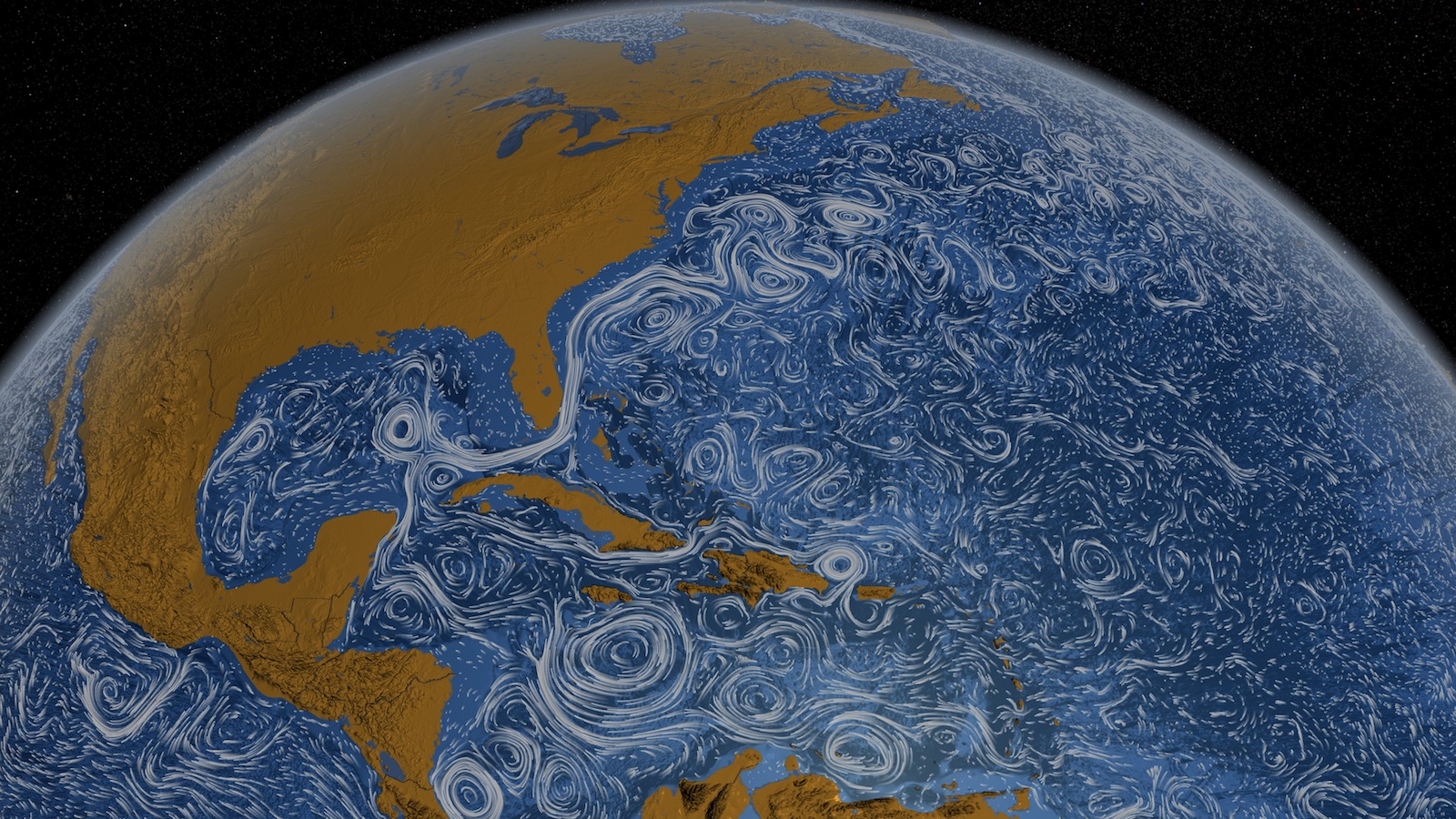



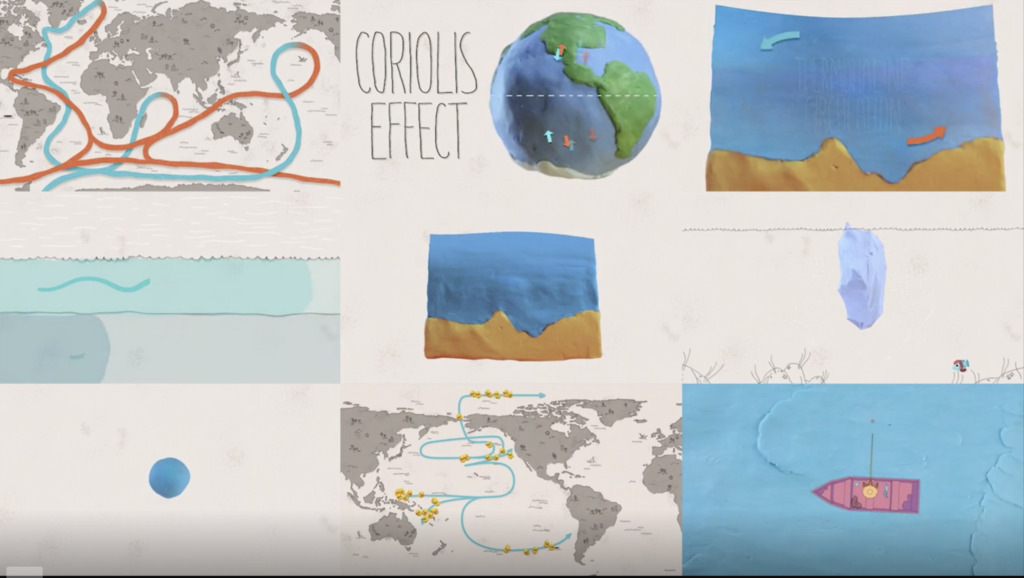
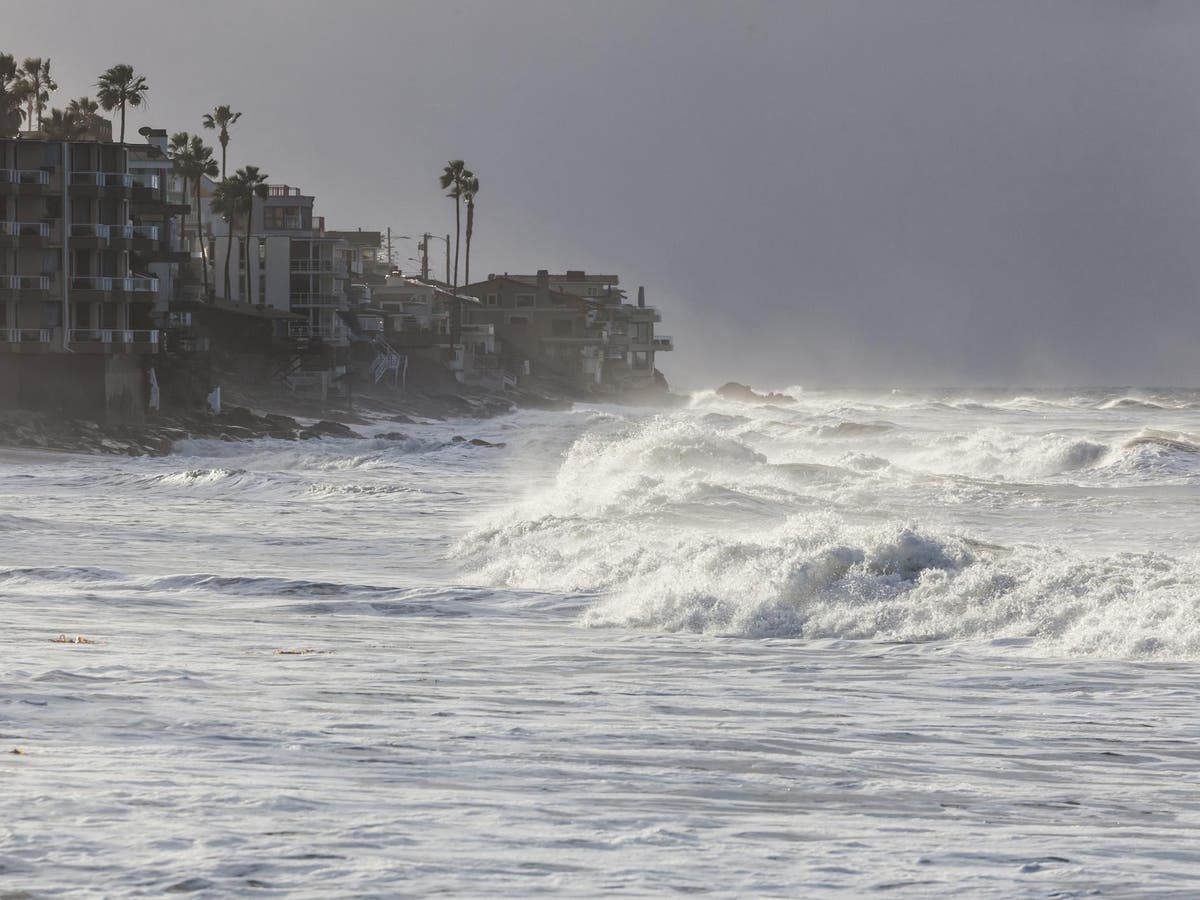
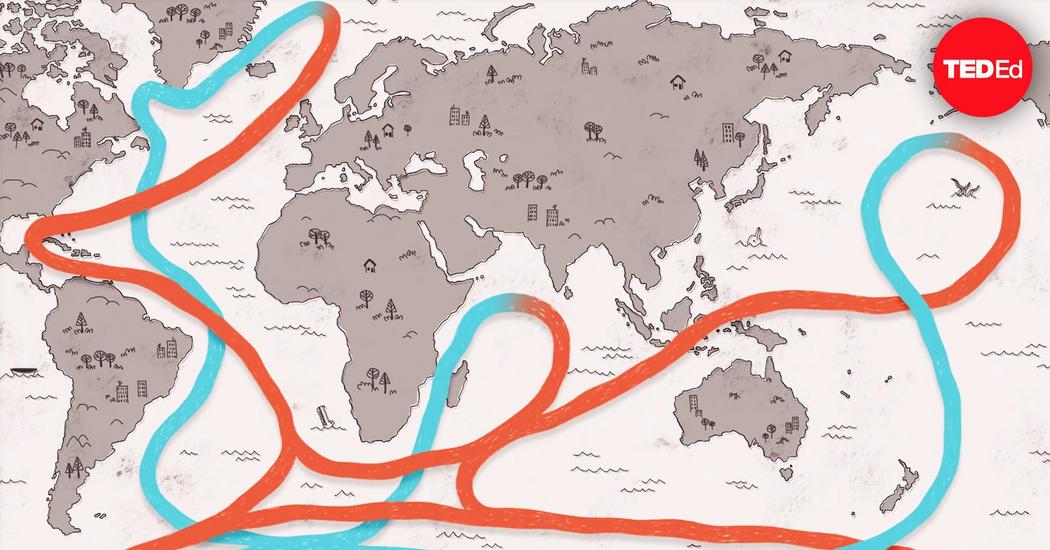
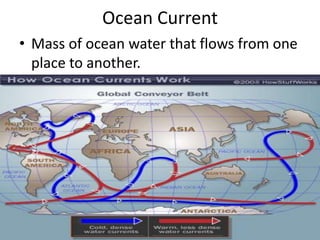


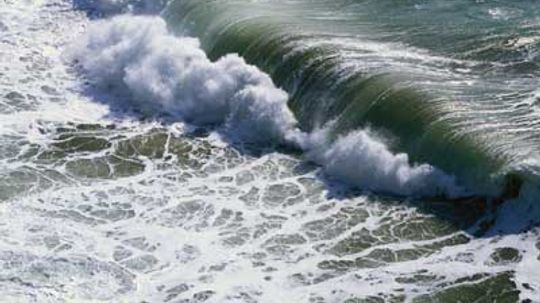
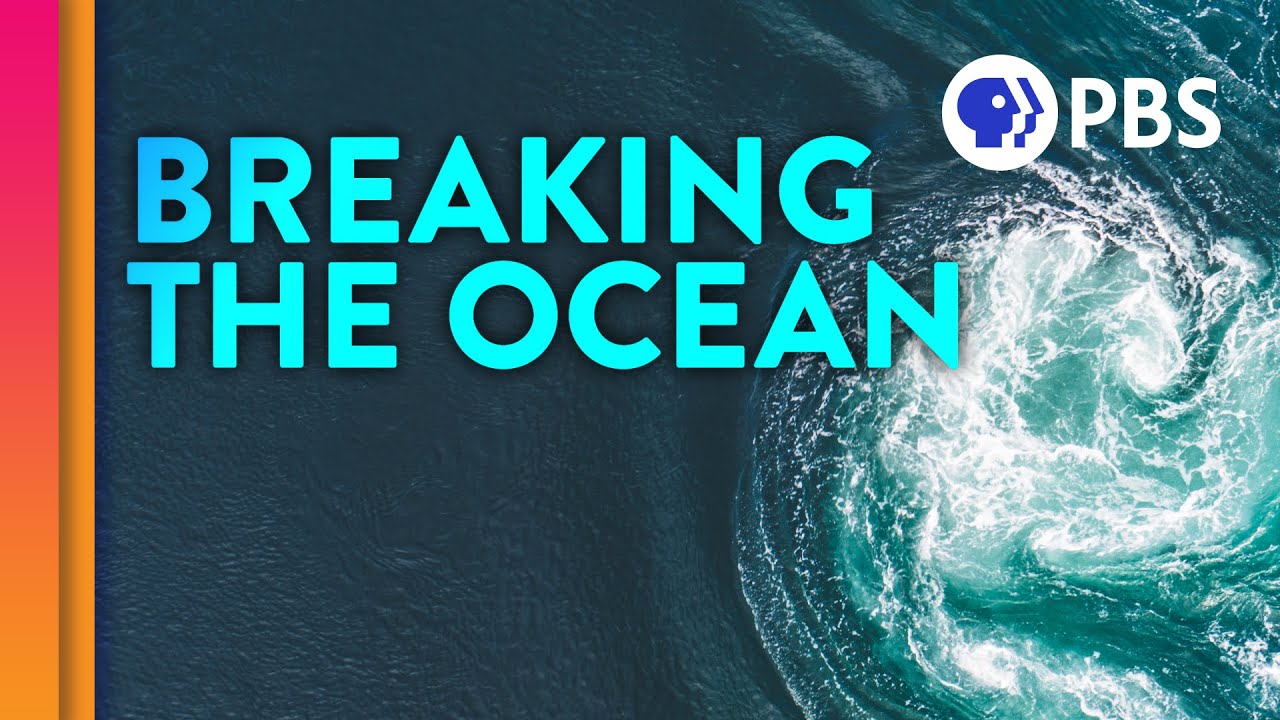
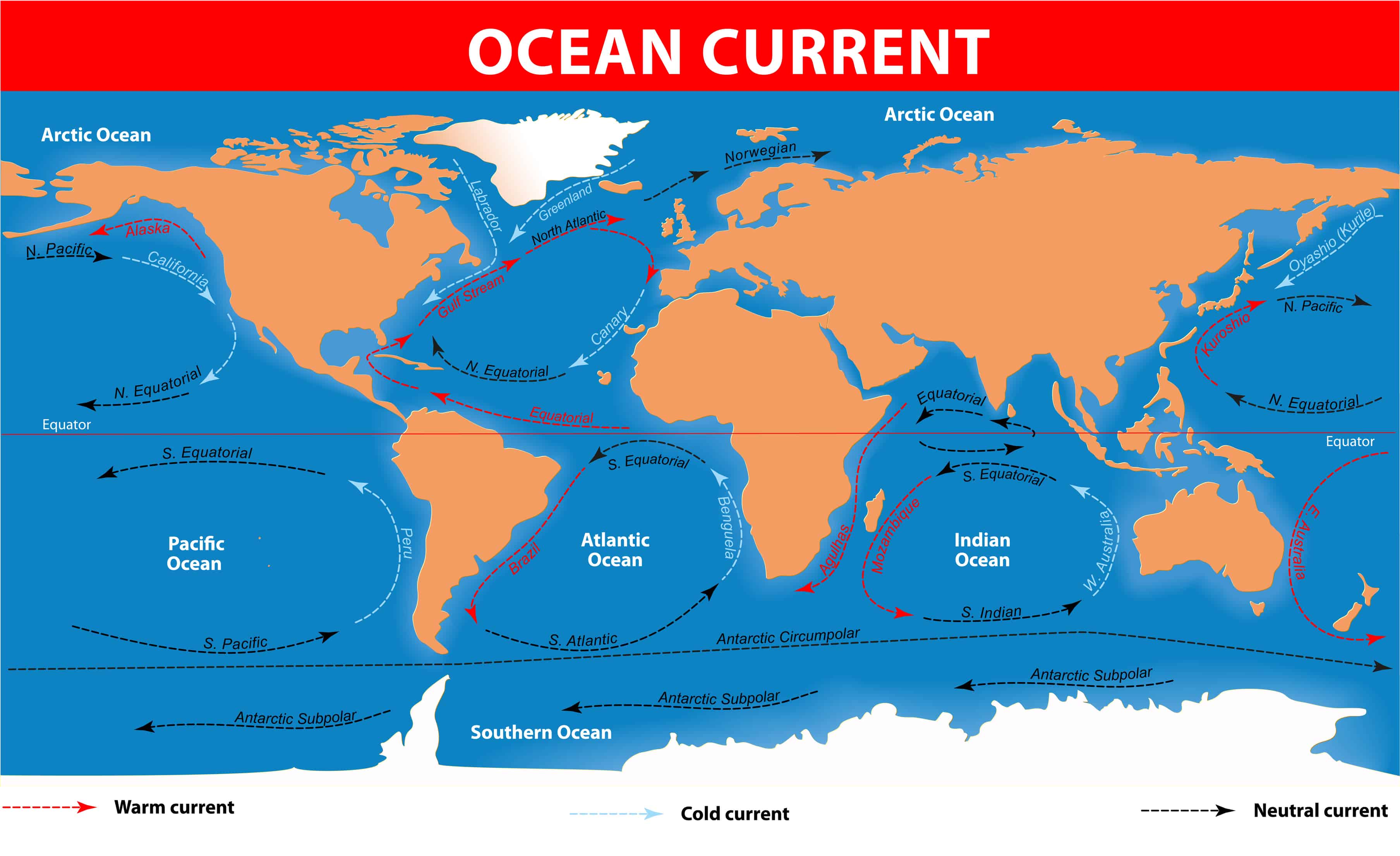


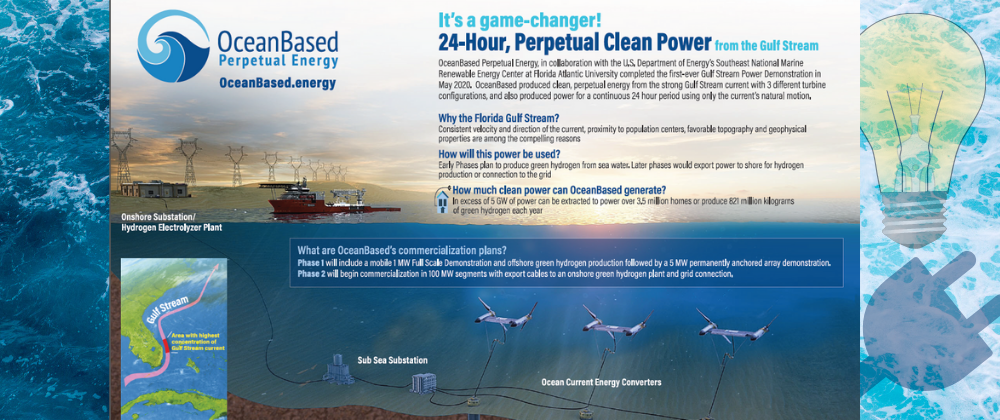







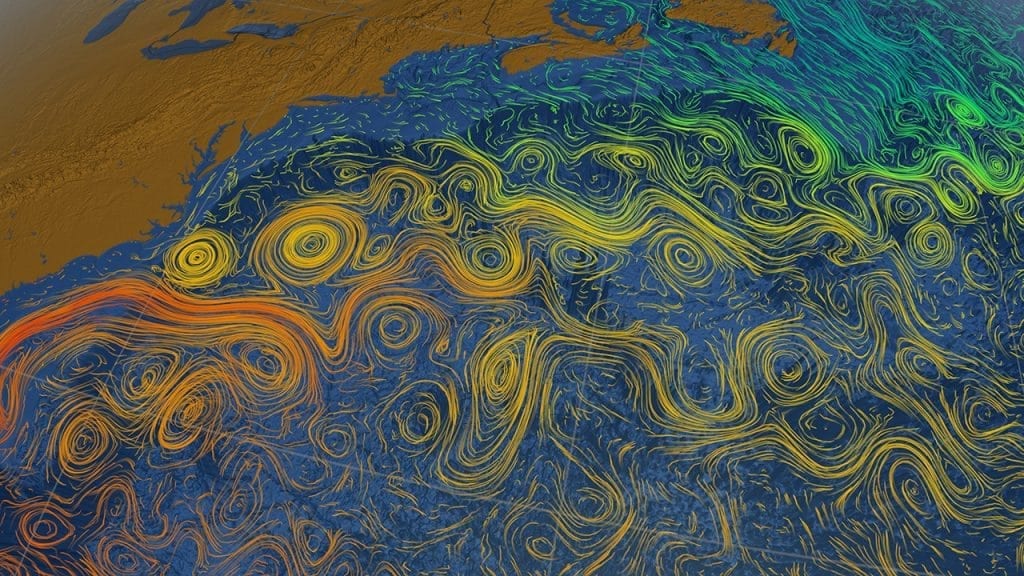

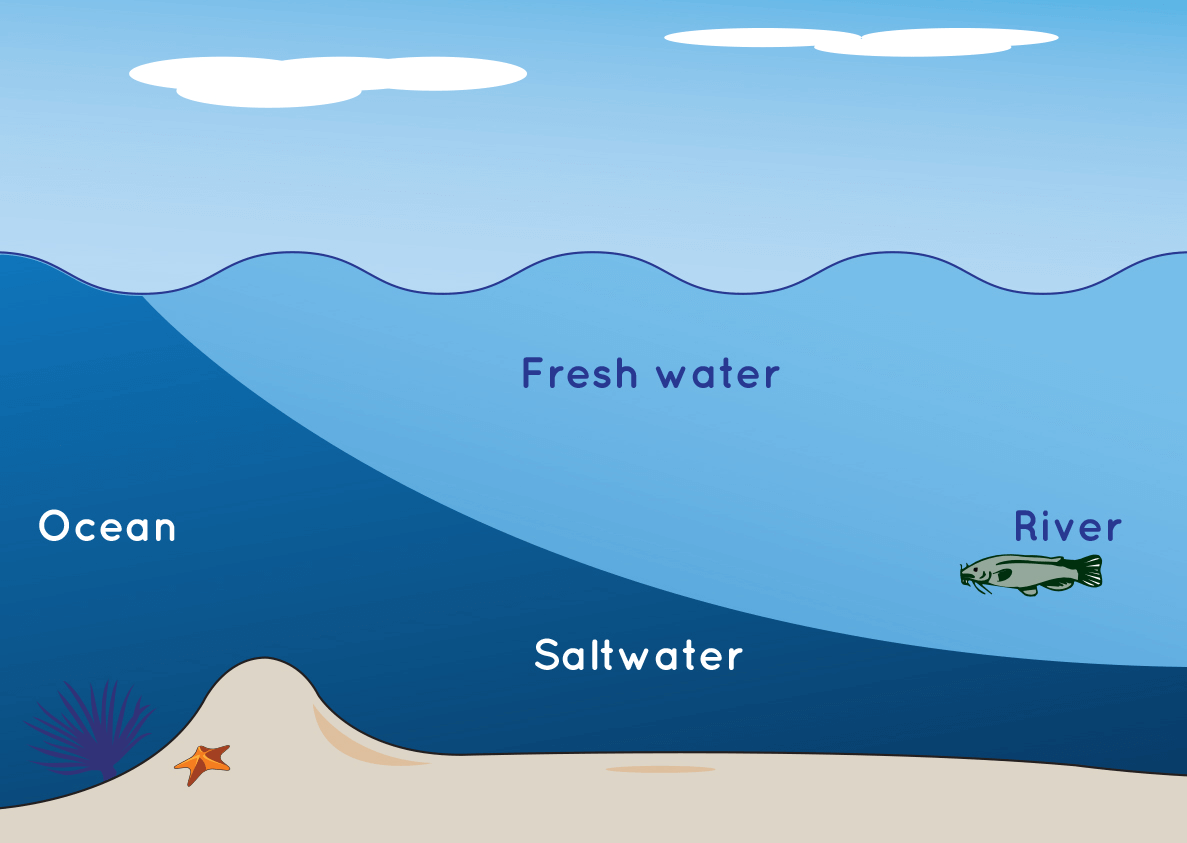
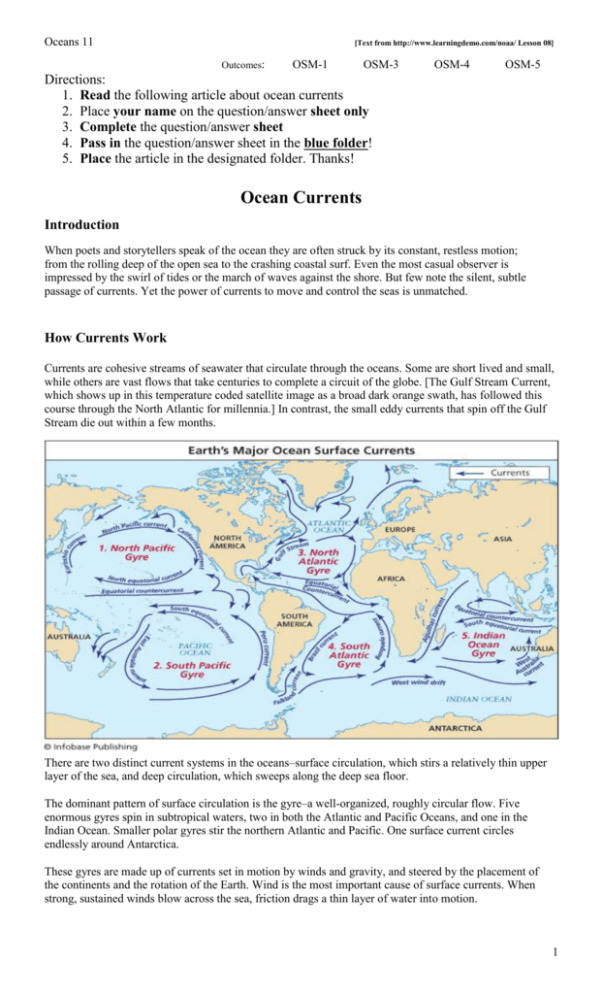



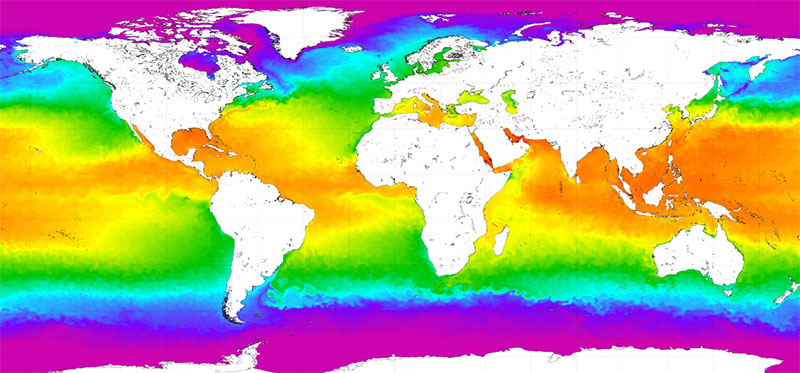


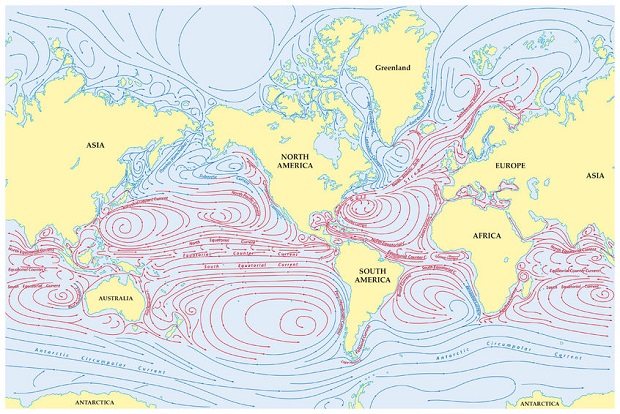
0 Response to "42 how do ocean currents work"
Post a Comment